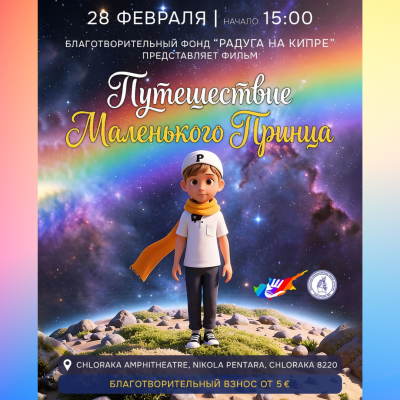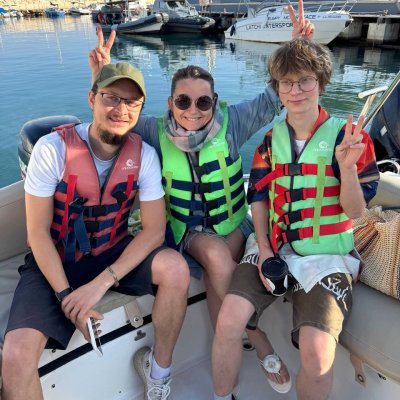
It will be a role-playing game in which we will transform into different characters and play enough. Meeting duration ~ 1.5 - 2 hours
Let's talk a little about how games affect children's development:
⠀
• Cognition of the surrounding reality: children learn the purpose and properties of objects. In parallel, all types of memory, thinking, imagination, attention develop.
⠀
• Improving physical skills: the child masters various movements, learns to coordinate and harmonize them. With the help of outdoor games, children get to know their body and learn to control it.
⠀
• Imagination development: in the process of playing, children endow objects with new, sometimes unusual properties. Moreover, they understand that everything is happening "for fun", but "really" they see in a stick - a horse, in the leaves of a tree - banknotes, in clay - dough for a pie.
⠀
• Development of speech: in the course of role-playing games, the child pronounces his actions, plays out dialogues, distributes roles, and agrees on the relationship between the characters in the game.
⠀
• Development of moral and moral qualities: the child draws certain conclusions about actions and behavior during the game. However, it requires an adult who will help draw the right conclusions from the current situation.
⠀
• Emotional development. Toddlers learn to sympathize with their peers, support and pity them, rejoice and empathize. While playing, children "work through" their emotional problems - fears, anxiety and aggressiveness, which is why play therapy is one of the leading methods for correcting children's behavior.
That is, all aspects of the body and personality of a small person develop in the game.
⠀
The “better” the child plays, the more intensively the frontal cortex develops, which is responsible for the majority of cognitive functions - the most complex processes controlled by the brain: memory, speech, intellect, performance of purposeful actions and a holistic perception of reality. The child learns to distinguish important information from non-essential, to realize and organize his own thoughts and feelings, to plan his actions.




